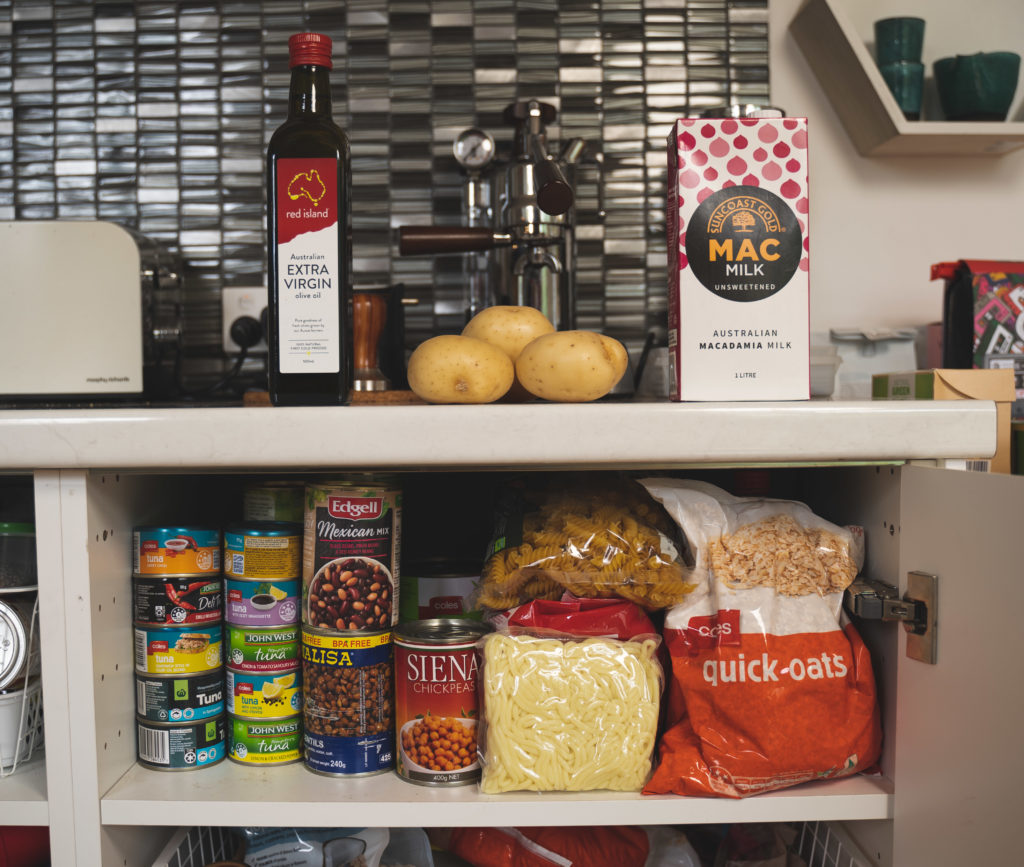Globalisation, automation and rapidly changing needs mean the future of employment will probably look very different to now. In fact, many current careers won’t exist in the next 10 to 20 years. So, it’s critical that students ask the important question: ‘Will my chosen study path lead to strong job opportunities after graduation and beyond?’
In this series we’re exploring a range of occupations forecast to have strong employment prospects in the future. Some careers in the tech industry are quickly emerging. Plus, there are other existing careers that will also have an important place in the employment opportunities of tomorrow.
In a complicated world and with a rapidly growing population, health services are going to be even more important in the future. In Australia in particular, with the older generation (people aged 65 and over) expected to more than double by 2057, the need for proper care is becoming critical. Today, we’re looking at the many opportunities in aged care.
Why aged care?
Aged carers make a difference in people’s lives, providing treatment and emotional support to elderly people in need. Caring is an emotionally rewarding, people-focused career with strong job security; ageing populations will always need health care. Working in aged care, you’ll come to hear all kind of stories, swap smiles and develop deep, emotionally fulfilling relationships with the people you care for.
The care industry has a low automation outlook
According to AlphaBeta’s 2017 report, The Automation Advantage, over the next 30 years, automation will affect every job in Australia. However, aged carers are less susceptible to automation compared to many other occupations. Within the profession itself, 70% of duties in aged care are less likely to be automated. These include tasks like:
- Performing close physical assessments of patients for better diagnoses/treatment
- Explaining policies, procedures, and regulations to patients
- Attending educational events and networking within the medical community
- Planning patient care with fellow professionals
- Planning treatments and/or assessing client needs with fellow professionals
- Developing tailored training programs
“Most of the opportunities are to do things that machines can’t do, things that humans do well in the caring economy — to be empathetic, to work in a range of occupations which require interpersonal skills,” Andrew Charlton, director of AlphaBeta, told the ABC.
“Any job that involves interacting with people — those will be the safe jobs. We want to interact with people, not robots.”
International students can provide specialised care
International students working in aged care have a superpower; a different language and cultural background can be a great asset. Knowing more than one language means you can be placed to care for people from both similar and different backgrounds to yourself. This gives international students greater employment advantages in the care industry.
Practical placements mean better job opportunities
Right away, you’ll be putting your vocational skills to the test. Vocational Education and Training (VET) placements in aged care place special importance on securing hands-on industry experience for students. During your practical placement, you’ll spend valuable time working directly in the care industry, where you may even secure a job before graduation. Compared to university graduates, VET graduates can enter the workforce faster, right after completing a four-month Certificate III qualification.
The care industry is one of the fastest-growing job markets in Australia
According to a 2017 report by the Australian Institute of Health and Welfare, Australians over the age of 65 will make up 22% (8.9 million people) of the total population by 2056. In 2016, they made up 15% (3.7 million people) of the population. Plus, over the next 40 years, the number of Australians receiving aged care is predicted to rise by about 150%.
Research from McCrindle in 2017 estimated that aged/disability carers and child carers are two of the top five fastest-growing job groups. In fact, between now and 2020, nearly 100,000 new roles will be created.
Education pathways
VET qualifications are fantastic for students wanting more hands-on, practical education options. Career pathways may include:
- Certificate III in Individual Support (Ageing)
- Certificate III in Individual Support (Home and Community)
- Certificate III in Individual Support (Disability)
- Certificate IV in Ageing Support
Aged care graduates share their stories
Min Woo Jang, from Korea, studied aged care at Charlton Brown.
“[At first] I was worried about coming to school, because it was not my country. I didn’t have the confidence to speak with foreigners,” says Min Woo Jang. “But there are so many kind people in Charlton Brown, so I could have the confidence to speak with people.”
Asep Munfin, another aged care graduate, also gained new skills and confidence whilst studying at Charlton Brown. He particularly benefited from getting hands-on industry experience.
“When I [did a practical unit] in aged care, I could learn about how to work quickly, how to use the new equipment like the ‘hoist’. Because you never could learn about the hoist in Indonesia, and you can get it in Australia,” he says.
At Charlton Brown, students are taught by highly specialised trainers who possess valuable experience in the community services industry. Because of this, Min Woo Jang was able to make strong connections, which led to future employment.
“My aged care teachers introduced me to a client,” Min Woo Jang says. “So I’m working in home-care.”
Munfin also feels at home studying aged care in Australia. “Australia is a beautiful country. You can learn more about the different cities here, and how to respect each other. It’s very important,” he says.





